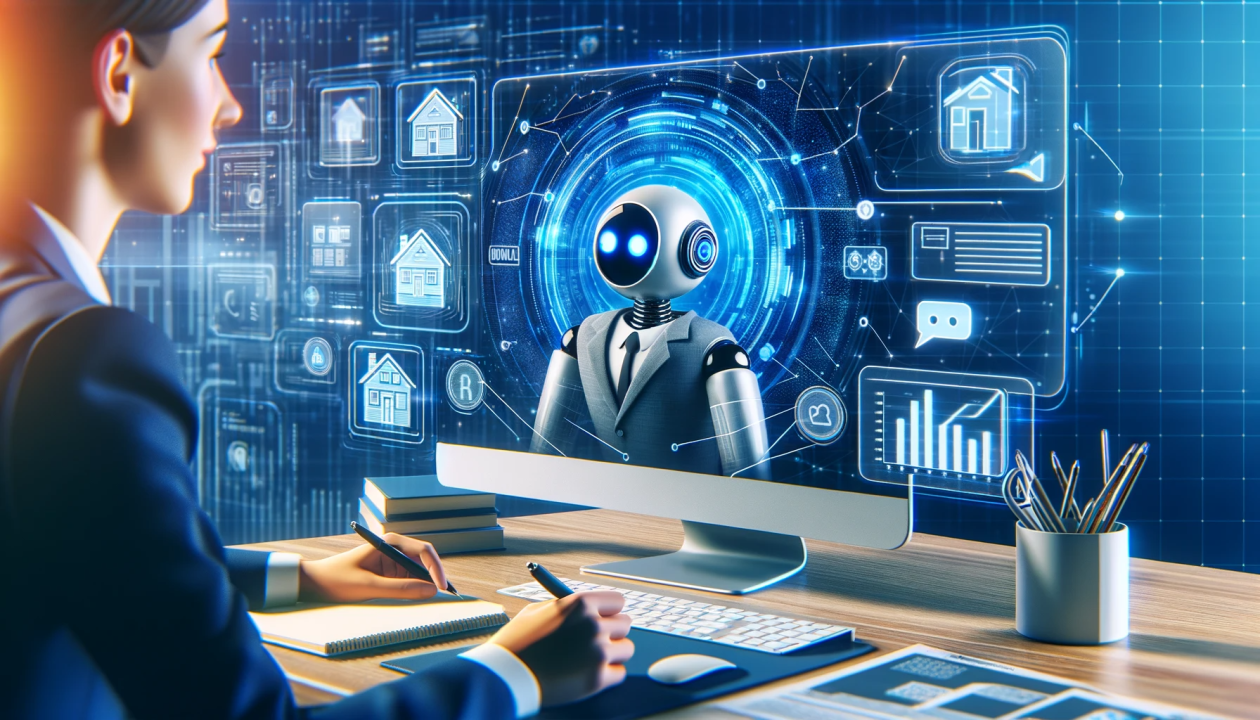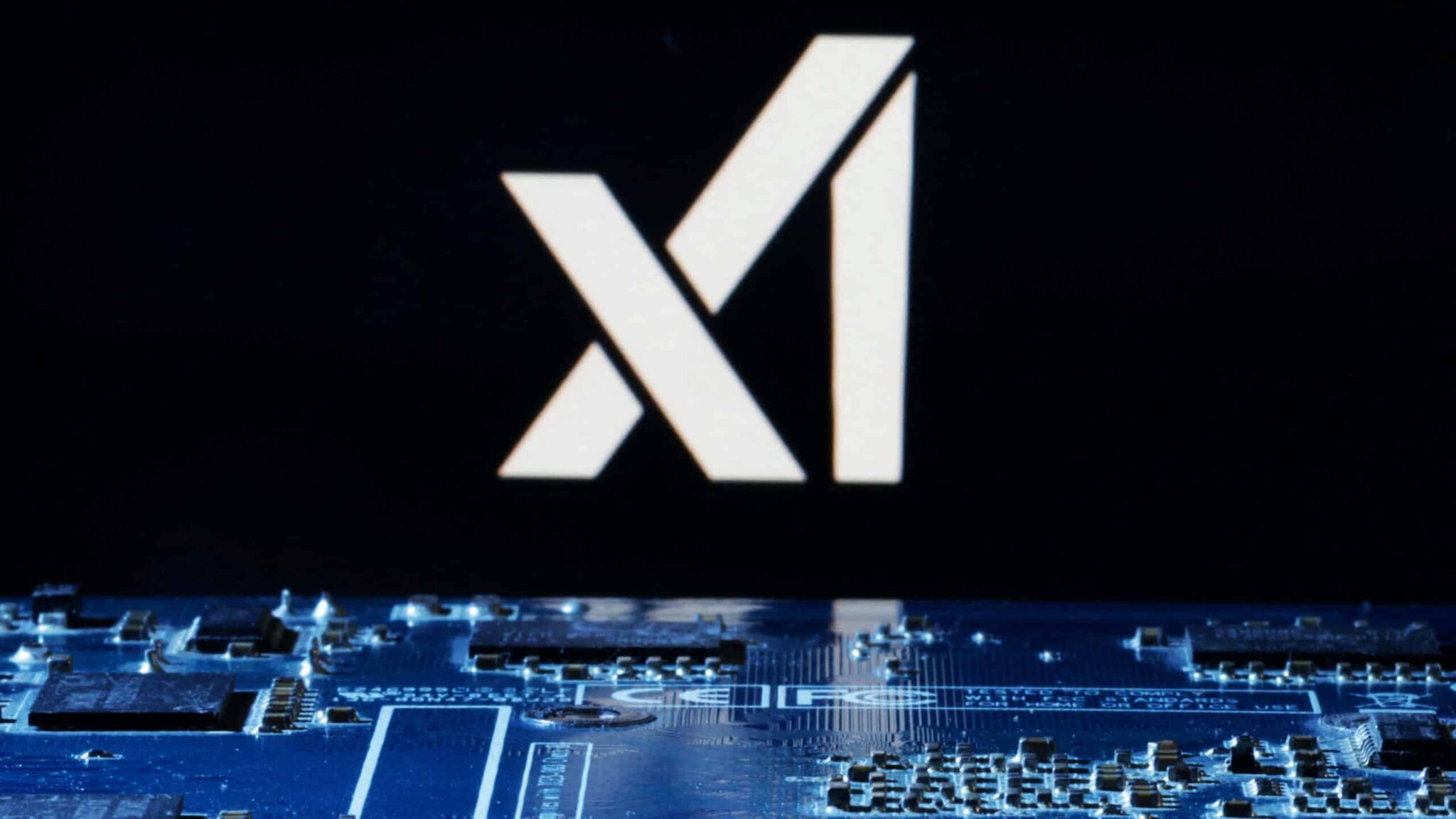The growing tension between AI technology and journalistic content has erupted into legal battles, most notably involving The New York Times and tech giants like OpenAI and Microsoft. This controversy highlights a pivotal moment in the evolution of AI’s role in content creation and its implications for copyright law.
The Core of the Controversy
The New York Times has initiated a lawsuit against OpenAI, accusing the company of infringing copyright by training its ChatGPT model on the newspaper’s extensive archive without permission. The Times alleges that this not only competes unfairly by creating substitutive content but also potentially diverts readers away from their original articles, impacting the newspaper financially.
Legal and Ethical Considerations
The lawsuit raises critical questions about the application of traditional copyright laws to AI technologies. Should AI-generated content that leverages existing copyrighted materials be considered a new creation, or does it infringe upon the rights of the original creators? The New York Times’ legal action could set a precedent for how content generated by AI is treated under copyright law, especially as AI tools become more integrated into various industries.
The Industry’s Response
The journalistic community and other content creators are closely watching this lawsuit, as its outcome could influence their operations significantly. If AI tools are deemed to infringe on copyrights, this could lead to major changes in how such technologies are developed and used across content-driven industries. Conversely, a decision favoring AI could accelerate the adoption of these technologies, potentially at the cost of traditional content creators’ rights and revenues.
Moving Forward
As the debate continues, there’s a clear need for updated legislation that addresses the unique challenges posed by AI. This includes defining clear boundaries for the use of copyrighted materials in training AI models and establishing guidelines that protect creators while encouraging technological advancements. The intersection of AI and copyright law is still largely uncharted territory, and the decisions made now will have long-lasting impacts on both technology and content creation industries.
The clash between AI development and copyright laws is more than a legal battle; it’s a fundamental question about the future of content creation and ownership in the digital age. As AI technologies continue to evolve, so too must the frameworks that govern their use, ensuring a balance between innovation and the protection of intellectual property.






























